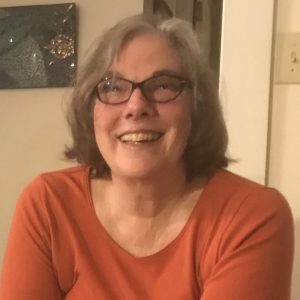“An unexamined life is not worth living.” Socrates
Imagine dying without examining your life. What does it mean to examine your life?
Is it a matter of reviewing the events, accomplishments, and the relationships of your life? Is it about considering your legacy, what you leave behind? Is it about your successes and failures and your pleasures and pains?
Examine is to weigh. What do you want to weigh when you die. I want to see my inner development. I want to die with an evolved capacity for truth in my thinking, for harmony in my feeling and for goodness in my intentions. I want to be free of automatic, instinct-driven thoughts, feelings and actions. I want something new to be acquired in my moral life. I want to surprise myself with my self.
How do you examine a life? your life? somebody else’s life?
Rudolf Steiner and other great sages and mystics speak of reliving your life when you cross the threshold of death. Not simply seeing the grand tableau of all the days of your life, but an actual reliving of the moral life, the only part of living that is spiritually recorded and can be relived beyond earthly existence.
Will you relive a life of truth, beauty and goodness? Will you relive moments of falsehood, distortion and exaggeration? Will you relive harm received and harm given?
What about those who are already dead?
Most of us still feel the presence of the dead within our hearts. Who are they? What was their moral life like? Did they examine their lives?
People who examine their lives, not to fix their stories and create a more pleasing biography, but to find themselves, know themselves, and become themselves in the scheme of moral development have a quality of inner authority and grace. You know they are living a fully examined life.
But many others do not examine their lives.
I keep thinking of my mother who died in 2002 at 79. I don’t feel she lived an examined life. She lived a defended life. She did not value truth, or beauty, or goodness enough to examine her life. She sought comfort in her spiritual life, not development. Her afterlife is difficult and painful, until she examines her life, she cannot find peace in the spiritual world. Can I help her?
She was a bad mother and she caused me severe trauma, but in examining my life I have resolved my karma with her and transformed it into purposeful lessons in love. I do not want her to suffer a confusing and excruciating purgatory for what she “did” to me.
By examining our relationship with my heart, I can have burning in my heart, the truth, the beauty, and the goodness of our shared life that she overlooked or denied, afraid of her guilt, her shame and my suffering. I can set my mother free from our dramas.
What lives like a flame in the heart can always be experienced in the spiritual world.
If someone you love died without examining their life, you can do it for him or her. Look for small truths, flickers of beauty, gestures of warmth that appeared in his or her life. Feel compassion, not judgment, for their weaknesses. In this exercise, you are benefiting yourself and in benefiting yourself, you ease their life review and bless their post-earthly existence.
This exercise is not about telling their story, nor is it about judging their life. It is about examining their heart and soul with loving devotion and objective discernment. It is not about wishing or damning. It is just examining.
If you would like guidance on examining your life and the life of others, at this reflective time of year I offer a four session webinar: Inner Advent. To learn about Inner Advent, click here.

